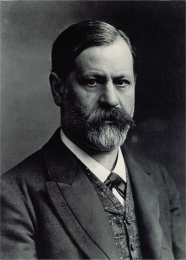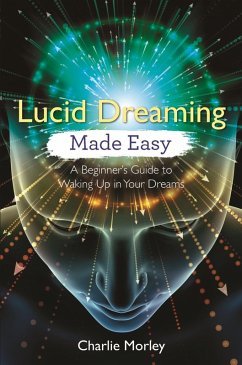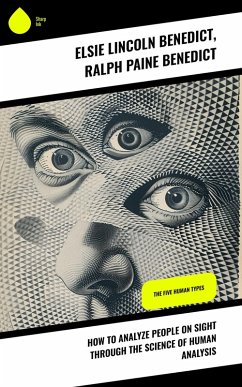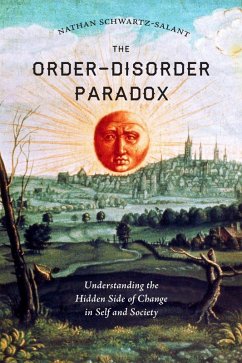
The Interpretation of Dreams - Unabridged (eBook, ePUB)

PAYBACK Punkte
2 °P sammeln!
"The Interpretation of Dreams" is Dr. Sigmund Freud's seminal work in the field of psychoanalysis and proved to be a groundbreaking work in mental health therapy and the exploration of the subconscious.Written in 1899, the book initially sold a very small number of copies but it would eventually become an astonishingly successful book and Freud - the founder of psychoanalysis - continued to update, revise and improve the text for decades, eventually even abridging and republishing the the book as On Dreams. Freud's premise - that the dreams we dream are actually wish fulfillments - was a break...
"The Interpretation of Dreams" is Dr. Sigmund Freud's seminal work in the field of psychoanalysis and proved to be a groundbreaking work in mental health therapy and the exploration of the subconscious.
Written in 1899, the book initially sold a very small number of copies but it would eventually become an astonishingly successful book and Freud - the founder of psychoanalysis - continued to update, revise and improve the text for decades, eventually even abridging and republishing the the book as On Dreams. Freud's premise - that the dreams we dream are actually wish fulfillments - was a breakthrough discovery in mental health at the time it was written and the book has gone on to become one of the most popular and revered texts in the history of psychoanalysis.
The most famous of these texts - the third edition - is presented here in it's original and unabridged format.
Written in 1899, the book initially sold a very small number of copies but it would eventually become an astonishingly successful book and Freud - the founder of psychoanalysis - continued to update, revise and improve the text for decades, eventually even abridging and republishing the the book as On Dreams. Freud's premise - that the dreams we dream are actually wish fulfillments - was a breakthrough discovery in mental health at the time it was written and the book has gone on to become one of the most popular and revered texts in the history of psychoanalysis.
The most famous of these texts - the third edition - is presented here in it's original and unabridged format.
Dieser Download kann aus rechtlichen Gründen nur mit Rechnungsadresse in A, D ausgeliefert werden.














